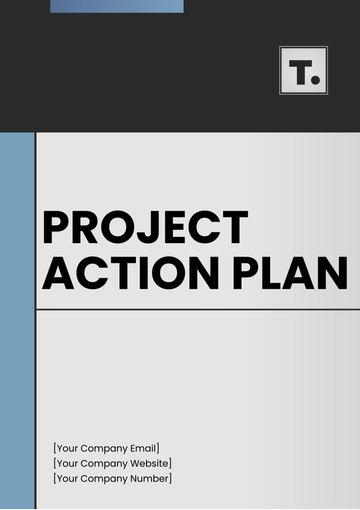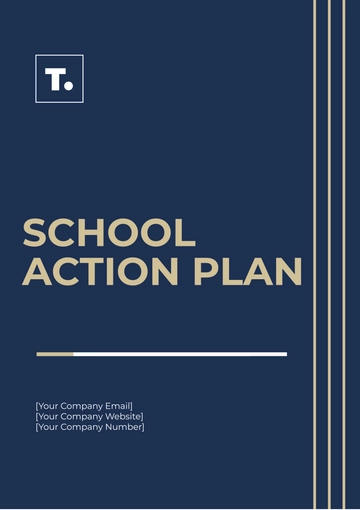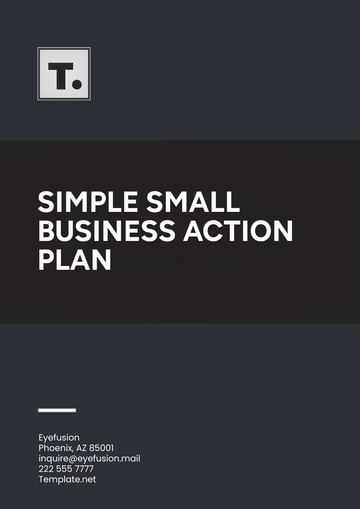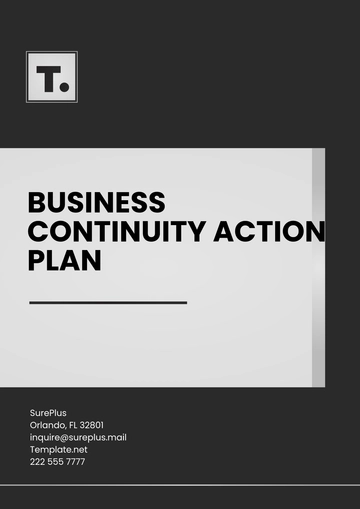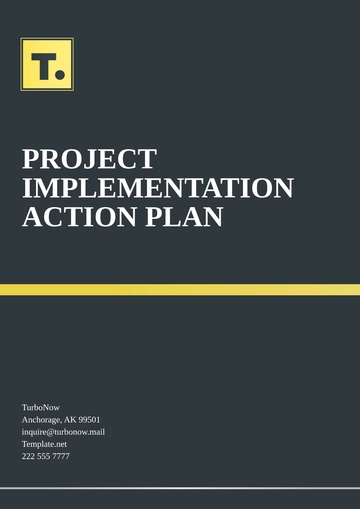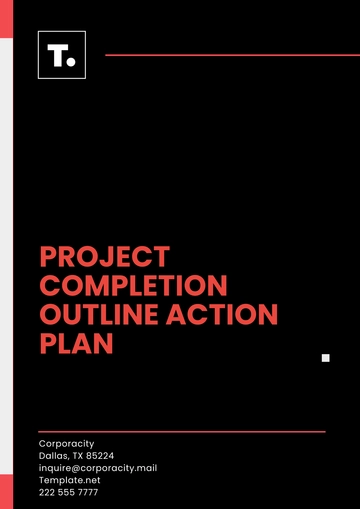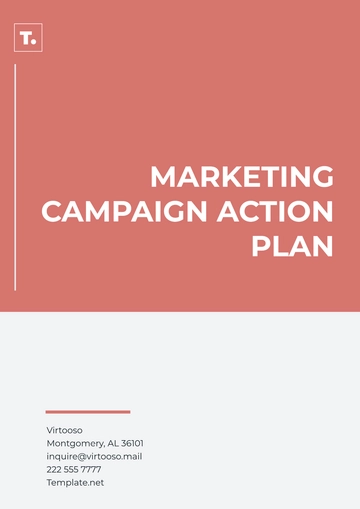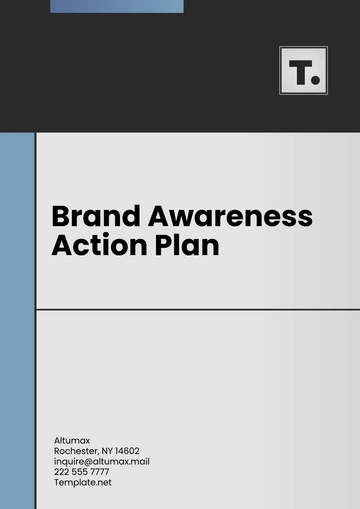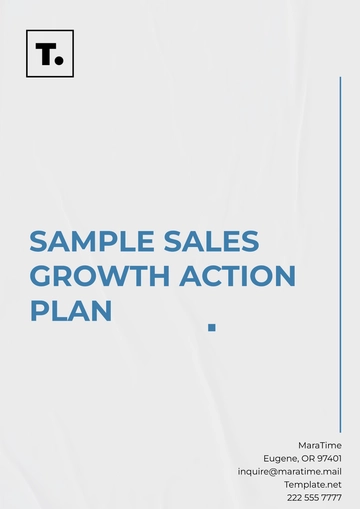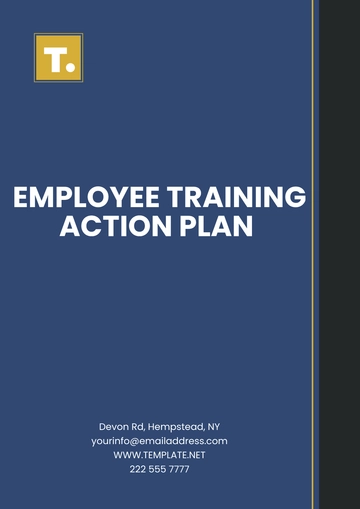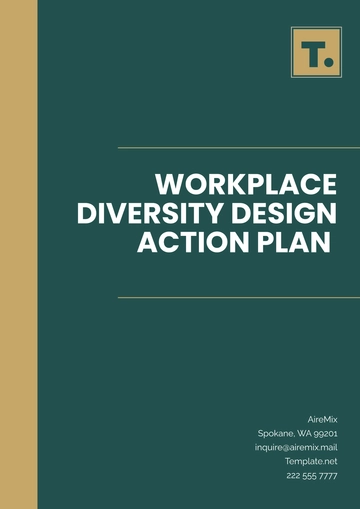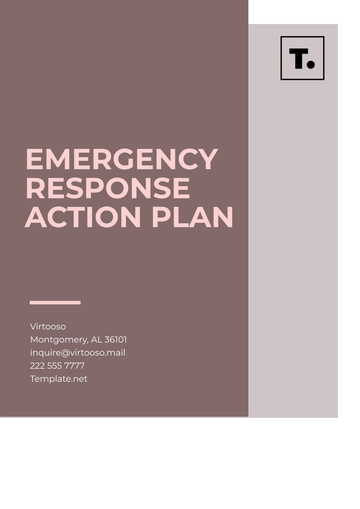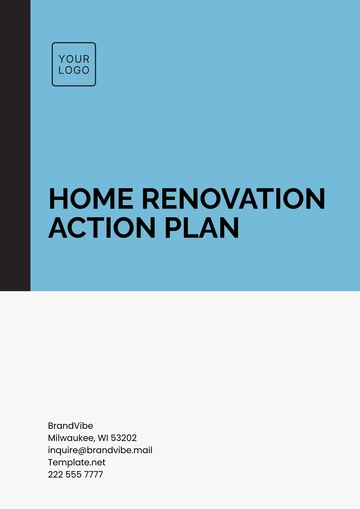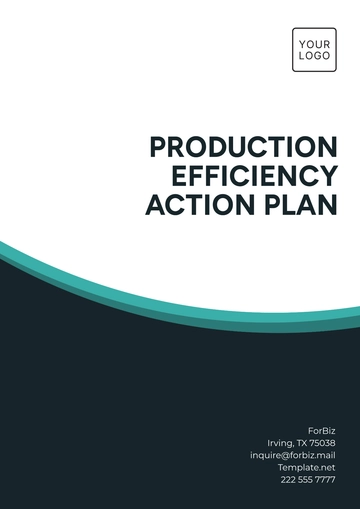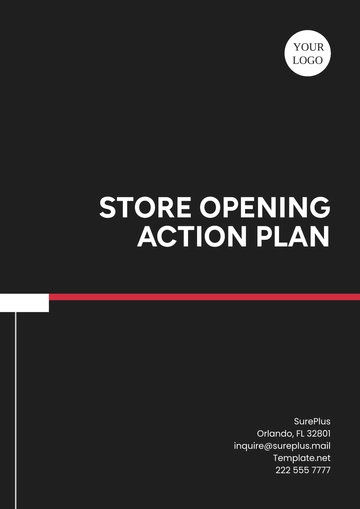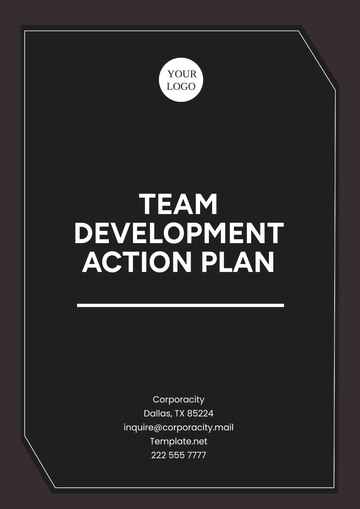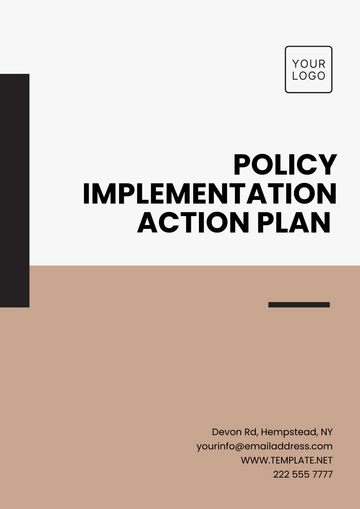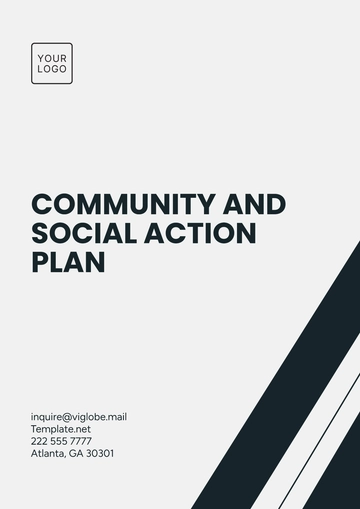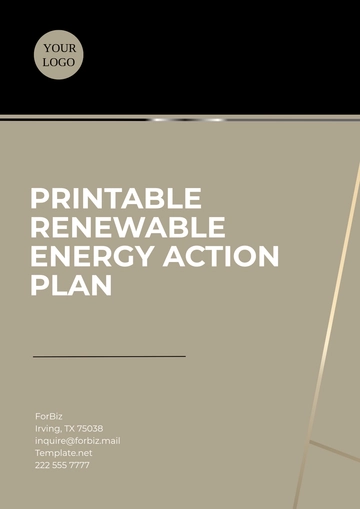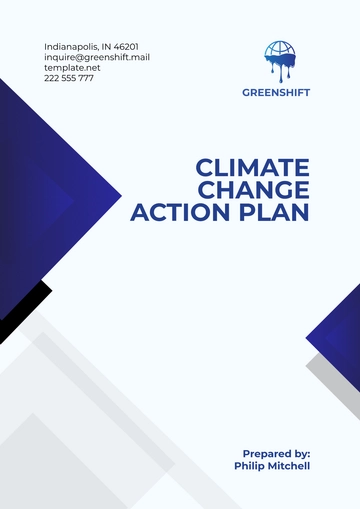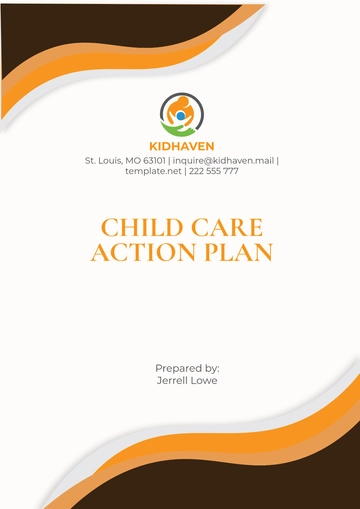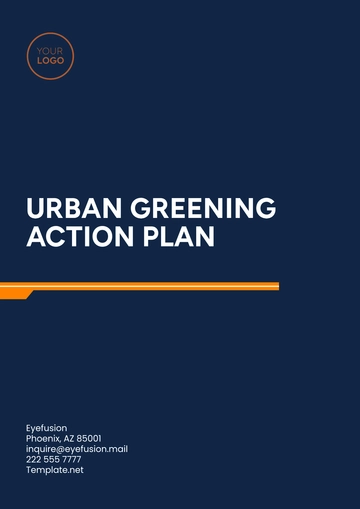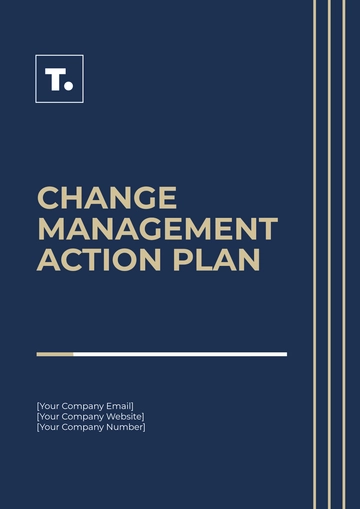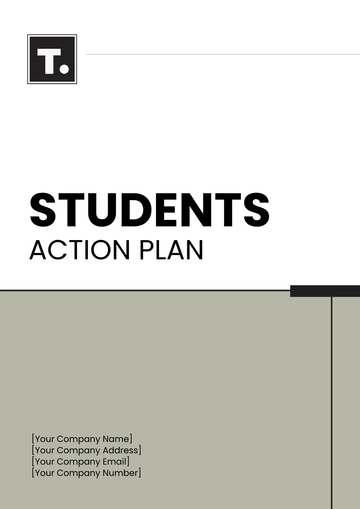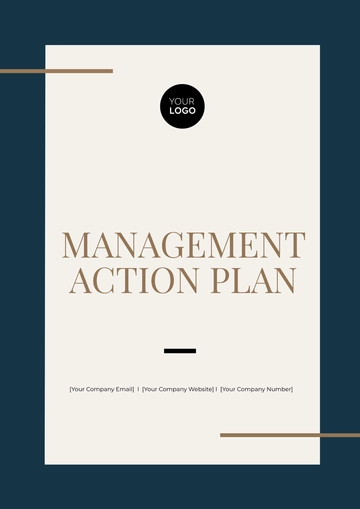Free Hotel Action Plan
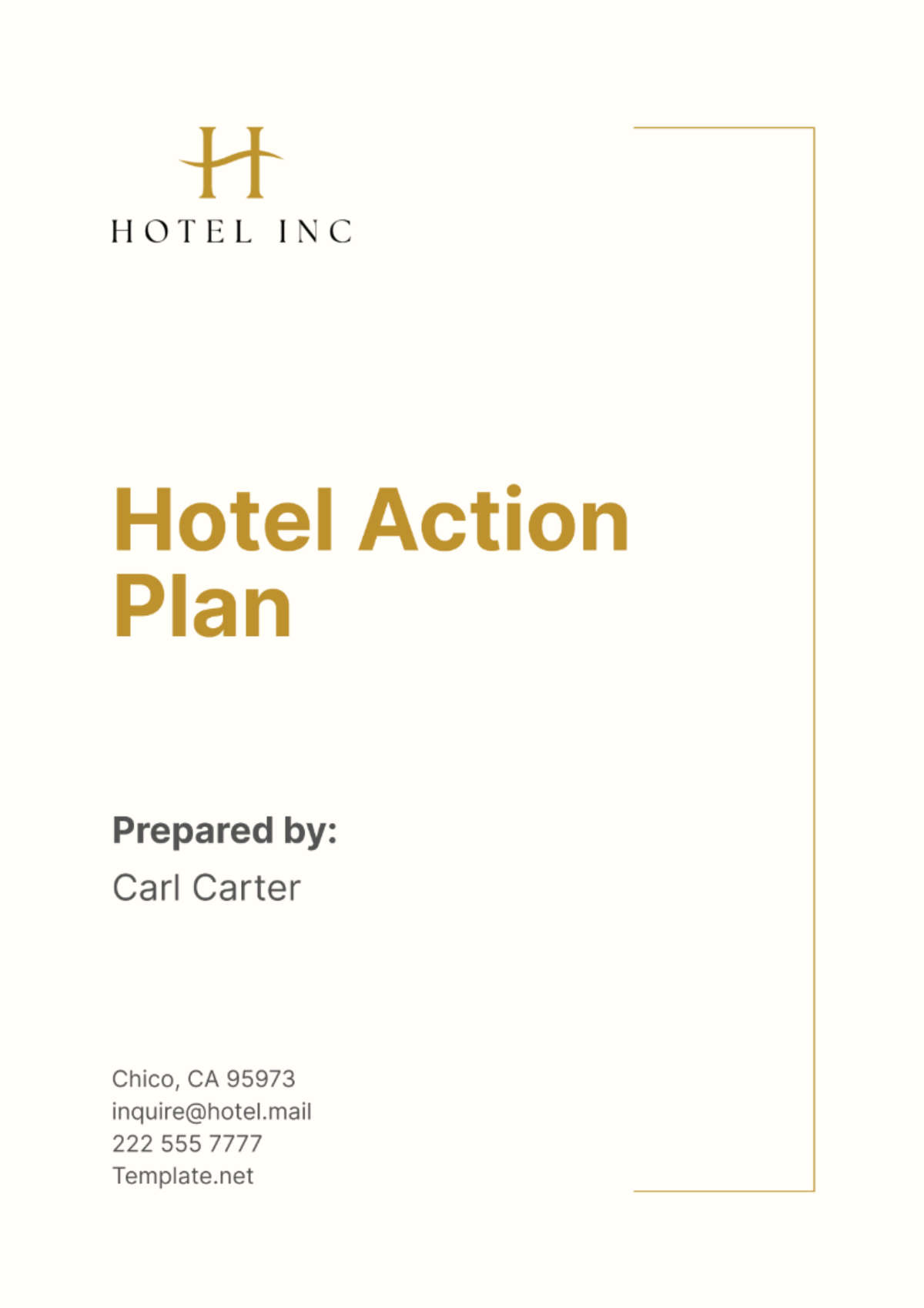
I. Introduction
We are dedicated to providing an exceptional experience for our guests through outstanding service, luxurious accommodations, and a commitment to sustainability. Our unique selling points include a prime location, world-class amenities, personalized guest services, and a strong focus on environmental responsibility. To achieve our vision, we have outlined key actions that will guide our operational, marketing, financial, and strategic efforts.
Key Actions
Enhance guest satisfaction through superior service and amenities.
Implement innovative marketing strategies to boost visibility and bookings.
Optimize operational efficiency to control costs and improve profitability.
Invest in employee training and development to maintain high service standards.
Adopt sustainable practices to minimize environmental impact.
II. Operational Strategy
A. Front Office Management
Our front office is the first point of contact for our guests and plays a crucial role in shaping their overall experience. We aim to streamline front office operations to ensure a seamless and welcoming experience for all our visitors.
Implement a user-friendly check-in/check-out system to reduce wait times.
Train staff on customer service excellence and problem-solving.
Develop a guest relations program to handle special requests and complaints effectively.
Use guest feedback to continuously improve front office procedures.
Integrate technology to enhance communication between the front office and other departments.
B. Housekeeping
Maintaining impeccable cleanliness and comfort is essential for guest satisfaction. Our housekeeping team is committed to upholding the highest standards of hygiene and order.
Establish a detailed cleaning schedule for all areas of the hotel.
Conduct regular training sessions for housekeeping staff on hygiene protocols.
Monitor inventory levels of cleaning supplies and ensure timely replenishment.
Implement a quality control system to inspect rooms before guest check-in.
Utilize eco-friendly cleaning products to support our sustainability goals.
C. Food and Beverage
Our food and beverage department aims to provide a diverse and high-quality dining experience that caters to the tastes and preferences of our guests.
Revise the menu periodically to include seasonal and locally sourced ingredients.
Train staff on service standards and customer interaction.
Establish strong relationships with suppliers to ensure quality and cost control.
Develop promotional events and themed nights to attract guests.
Monitor guest feedback to refine menu offerings and service delivery.
III. Marketing and Sales Strategy
A. Market Analysis
Our target market includes business travelers, leisure tourists, and event organizers. We aim to position ourselves as a top choice in our competitive landscape through strategic market analysis.
Competitor | Market Share | Strengths | Weaknesses |
|---|---|---|---|
A | 30% | Prime location | Higher prices |
B | 25% | Extensive facilities | Inconsistent service |
C | 20% | Budget-friendly | Basic accommodations |
D | 15% | Unique experiences | Small property size |
In this competitive landscape, we stand out by offering a blend of luxury and personalized service, coupled with a strong emphasis on sustainability. Our unique position allows us to attract a diverse clientele and build a loyal customer base.
B. Promotion and Advertising
Effective promotion and advertising are crucial for increasing our visibility and attracting more guests. We will leverage both online and offline channels to reach our target audience.
Launch targeted online marketing campaigns on social media and travel platforms.
Develop partnerships with local businesses and tourism boards.
Create promotional packages and special offers for different customer segments.
Invest in search engine optimization (SEO) and content marketing to drive organic traffic.
Participate in industry trade shows and events to build brand awareness.
C. Sales Strategy
Our sales strategy focuses on maximizing revenue through effective pricing, optimizing booking channels, and enhancing guest experiences to encourage repeat visits.
Implement dynamic pricing models to adjust rates based on demand and competition.
Optimize our presence on major booking platforms and enhance our direct booking website.
Develop loyalty programs to incentivize repeat bookings.
Train sales staff on upselling techniques and personalized guest interactions.
Monitor sales performance through regular reporting and adjust strategies as needed.
IV. Financial Management
A. Budgeting
We prioritize the strategic allocation of funds to ensure that all departments operate efficiently and effectively. Our budgeting process involves detailed planning and careful consideration of each department's needs and goals.
Department | Percentage |
|---|---|
Front Office | 15% |
Housekeeping | 20% |
Food and Beverage | 25% |
Marketing and Sales | 15% |
Human Resources | 10% |
Maintenance | 10% |
Contingency Fund | 5% |
B. Financial Reporting
Regular financial reporting is essential to monitor our financial health and ensure we are meeting our targets. We will produce monthly, quarterly, and annual reports to track key financial metrics.
Metric | Target Value |
|---|---|
Revenue Growth | 10% annually |
Profit Margin | 20% |
Operating Expenses | < 50% of revenue |
Average Daily Rate (ADR) | $150 |
Occupancy Rate | 80% |
C. Cost Control
Cost control is vital to maintain profitability and ensure efficient operations. We will implement several measures to manage and reduce costs across all departments.
Regularly review and renegotiate supplier contracts.
Implement energy-saving initiatives to reduce utility costs.
Monitor inventory levels to avoid overstocking and wastage.
Use technology to automate routine tasks and improve efficiency.
Conduct periodic audits to identify and eliminate unnecessary expenses.
V. Human Resources Management
A. Staff Recruitment and Training
Attracting and retaining skilled staff is crucial for delivering exceptional service. We will focus on recruiting top talent and providing ongoing training to ensure our team remains motivated and capable.
Develop a comprehensive recruitment strategy to attract qualified candidates.
Implement an effective onboarding process to integrate new hires smoothly.
Offer regular training programs on customer service, safety, and job-specific skills.
Establish a mentorship program to support staff development.
Conduct performance evaluations and provide constructive feedback.
B. Employee Engagement
Engaged employees are more productive and provide better service. We will implement initiatives to boost employee morale and create a positive work environment.
Develop a recognition and rewards program to acknowledge outstanding performance.
Organize team-building activities and social events to foster camaraderie.
Create open communication channels for staff to voice their ideas and concerns.
Offer career development opportunities and promote from within.
Conduct regular employee satisfaction surveys and act on feedback.
VI. Guest Experience Enhancement
A. Customer Feedback
Understanding and acting on customer feedback is essential to improving our services and meeting guest expectations. We will implement a structured approach to collect, analyze, and respond to feedback.
Use online and offline surveys to gather guest feedback regularly.
Implement a system for tracking and analyzing feedback data.
Train staff to handle guest complaints and resolve issues promptly.
Share feedback insights with relevant departments to drive improvements.
Follow up with guests who provide feedback to demonstrate our commitment to their satisfaction.
B. Service Quality Improvement
Consistently delivering high-quality service is key to ensuring guest satisfaction and loyalty. We will focus on refining our service standards and training staff to meet these standards.
Develop comprehensive service standards and guidelines for all staff.
Conduct regular training sessions on service quality and guest interaction.
Monitor service delivery through mystery shopping and guest feedback.
Reward staff for exceptional service to encourage high performance.
Continuously review and update service procedures to reflect best practices.
C. Facilities and Amenities
Providing well-maintained facilities and a range of amenities enhances the guest experience. We will focus on maintaining and upgrading our property to meet guest expectations.
Regularly inspect and maintain all facilities to ensure they are in good condition.
Plan and budget for periodic upgrades and renovations.
Introduce new amenities based on guest preferences and industry trends.
Ensure all amenities are clean, functional, and easily accessible to guests.
Gather guest feedback on facilities and amenities to guide improvements.
VII. Sustainability and Environmental Management
A. Energy and Water Management
We are committed to reducing our environmental footprint through effective energy and water management programs. These initiatives will help us conserve resources and reduce operational costs.
Install energy-efficient lighting and appliances throughout the property.
Implement a water conservation program, including low-flow fixtures and regular leak inspections.
Use renewable energy sources where feasible, such as solar panels.
Conduct regular energy audits to identify opportunities for improvement.
Educate staff and guests on energy and water conservation practices.
B. Waste Management
Effective waste management is crucial for reducing our environmental impact. We will implement strategies to minimize waste generation and promote recycling.
Introduce a comprehensive recycling program for all recyclable materials.
Reduce single-use plastics by offering alternatives such as reusable or biodegradable items.
Partner with local organizations to donate surplus food and supplies.
Implement a composting program for organic waste.
Conduct regular waste audits to monitor and improve waste management practices.
C. Sustainable Practices
Incorporating sustainable practices into our operations is essential for long-term environmental responsibility. We will adopt eco-friendly policies and procedures across all departments.
Source locally and sustainably produced goods and services.
Use environmentally friendly cleaning products and materials.
Implement green building practices in renovations and new constructions.
Promote sustainable transportation options for guests and staff.
Engage with guests on sustainability initiatives to raise awareness and encourage participation.
VIII. Risk Management
Managing risks is essential to ensure the safety of our guests and staff and the continuity of our operations. We will identify potential risks, assess their likelihood and impact, and develop mitigation strategies.
Risk | Likelihood | Impact |
|---|---|---|
Fire | Low | High |
Cybersecurity breach | Medium | High |
Natural disasters | Low | High |
Health outbreak | Medium | Medium |
Theft or vandalism | Medium | Medium |
Mitigation Strategies
Develop and regularly update emergency response plans for various scenarios.
Invest in robust cybersecurity measures and conduct regular security audits.
Conduct regular safety drills and training for staff.
Establish partnerships with local health authorities for timely response to health outbreaks.
Install surveillance systems and access controls to enhance security.
IX. Implementation Plan
Implementing our action plan requires a structured approach with clear timelines and responsibilities. We will monitor progress and make adjustments as needed to ensure successful execution.
Action Item | Timeline | Responsibility |
|---|---|---|
Launch targeted marketing campaigns | Q1 | Marketing Manager |
Train staff on new service standards | Q2 | HR Manager |
Install energy-efficient lighting | Q3 | Maintenance Team |
Conduct guest feedback surveys | Monthly | Front Office |
Review and update risk management plan | Annually | General Manager |
Regular evaluation of our implementation plan will occur to ensure we are meeting our goals and making progress towards our strategic objectives. We will conduct quarterly reviews to assess performance, identify areas for improvement, and adjust our strategies as necessary. Evaluation will involve analyzing key performance indicators, gathering feedback from staff and guests, and comparing our progress against industry benchmarks.
- 100% Customizable, free editor
- Access 1 Million+ Templates, photo’s & graphics
- Download or share as a template
- Click and replace photos, graphics, text, backgrounds
- Resize, crop, AI write & more
- Access advanced editor
Template.net's Hotel Action Plan Template is an editable and customizable document, perfect for outlining your hotel's strategic plans. Editable in our AI Editor tool, this template enables you to personalize and update your action plans effortlessly. Enhance your operational efficiency and goal-setting with this comprehensive and user-friendly template, designed specifically for hotel management.
